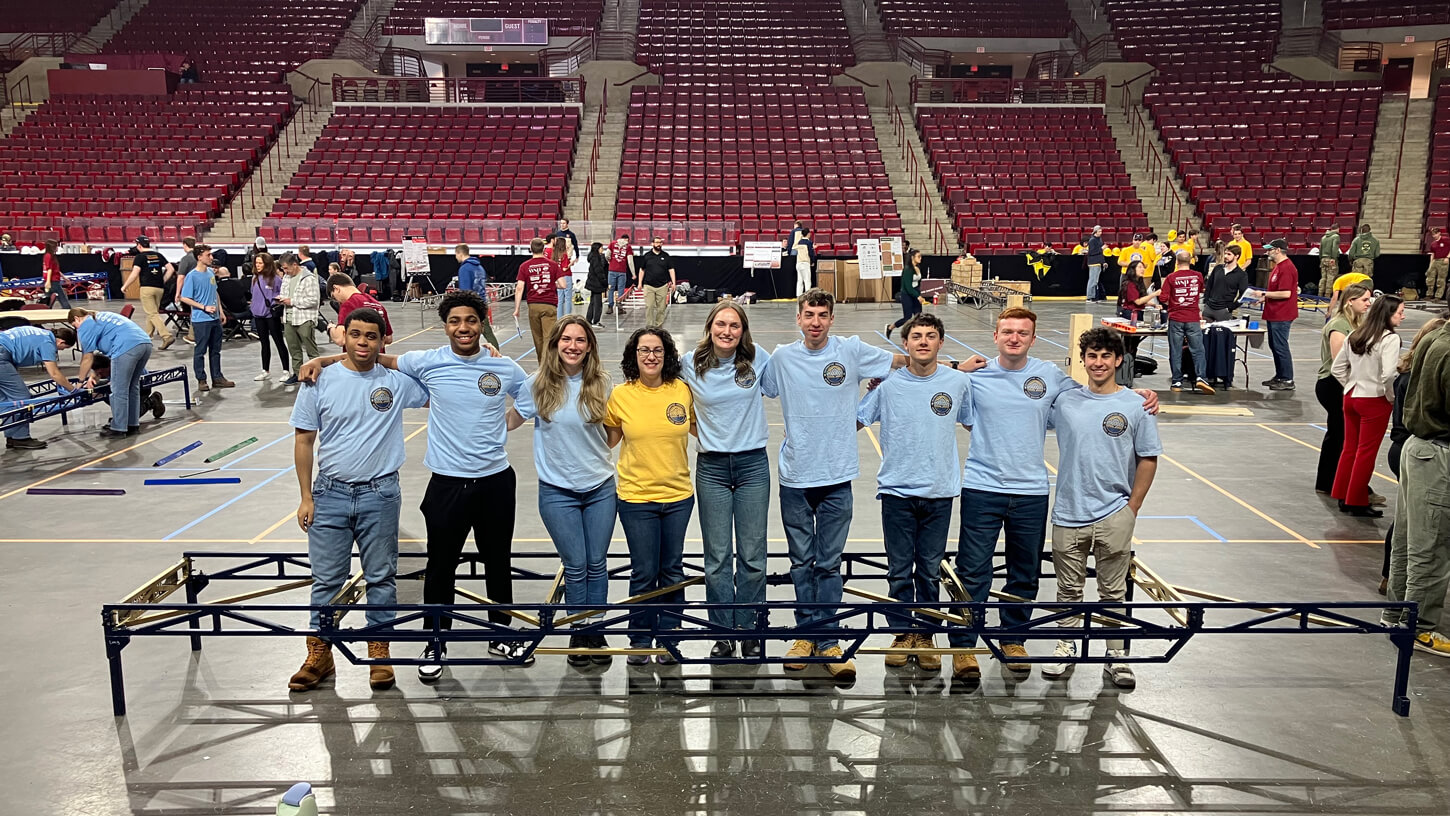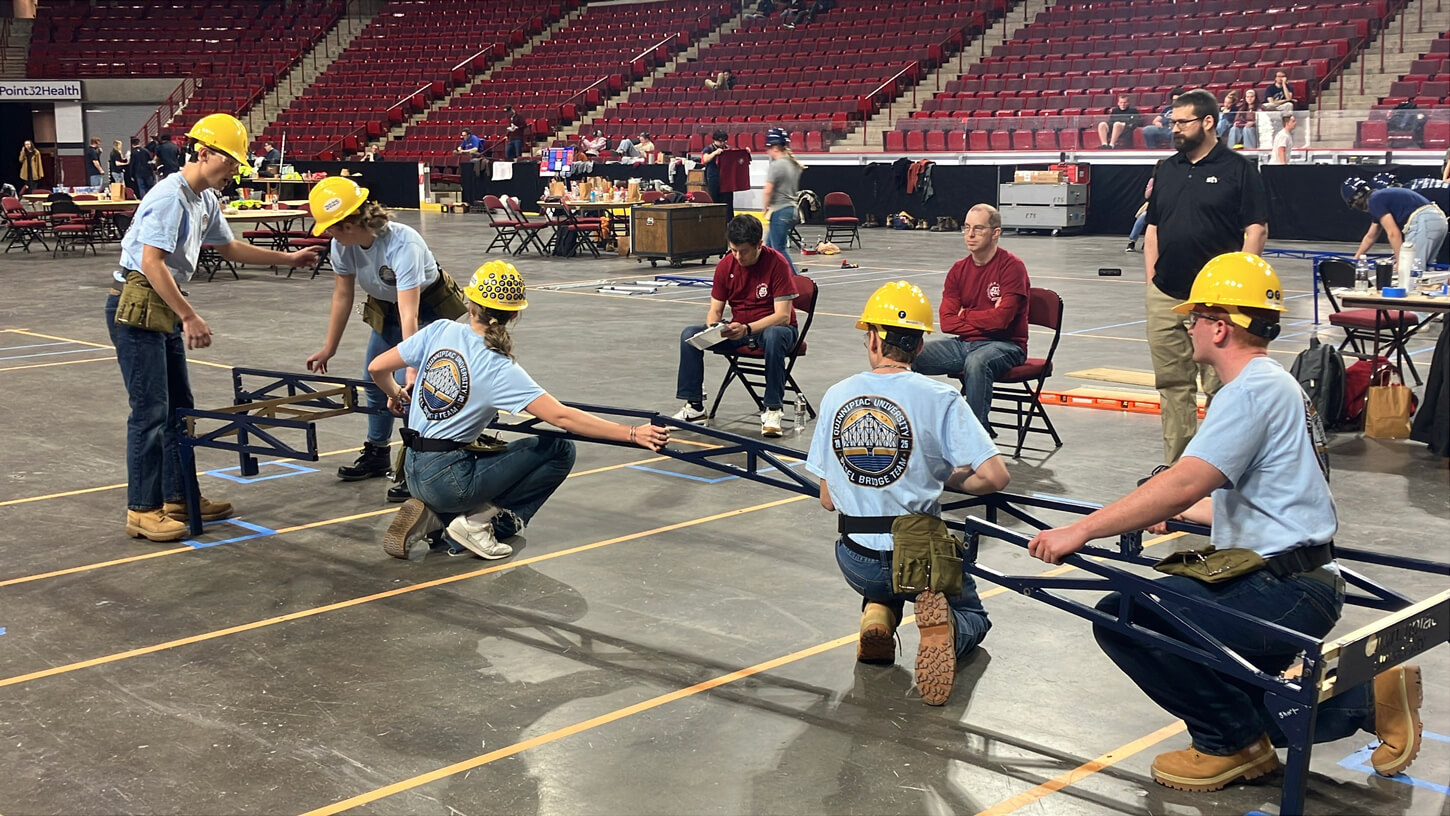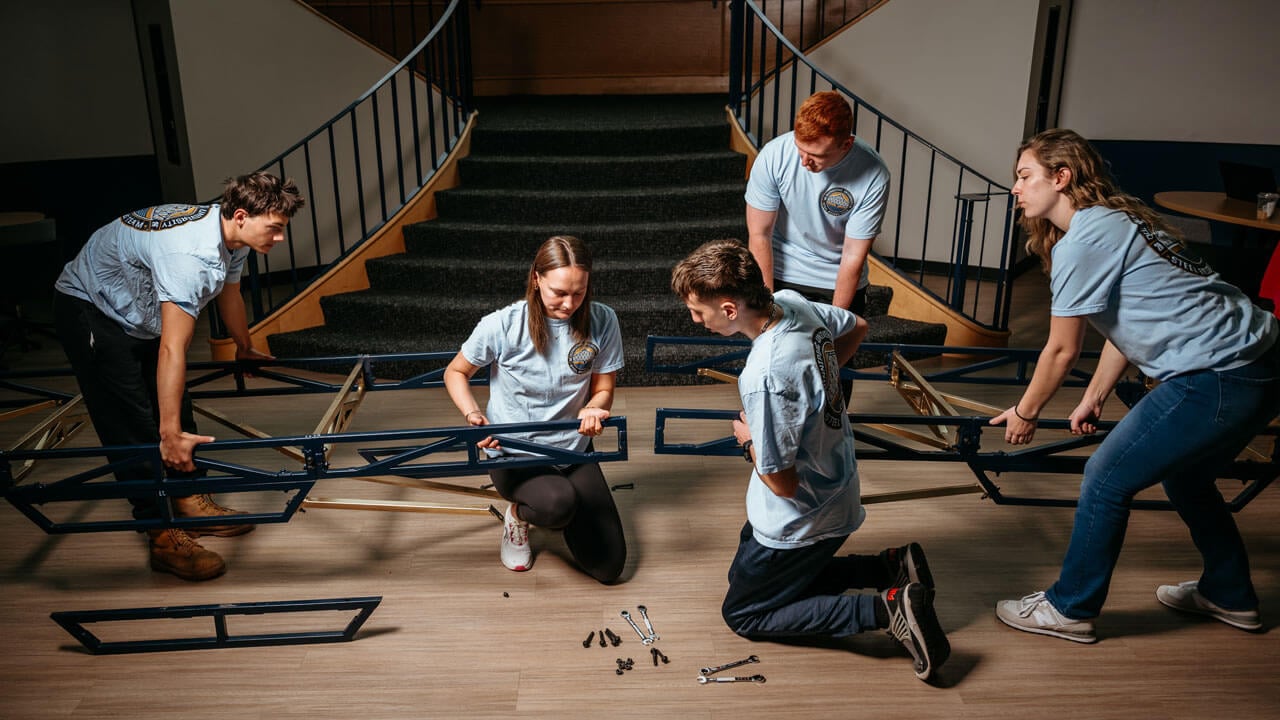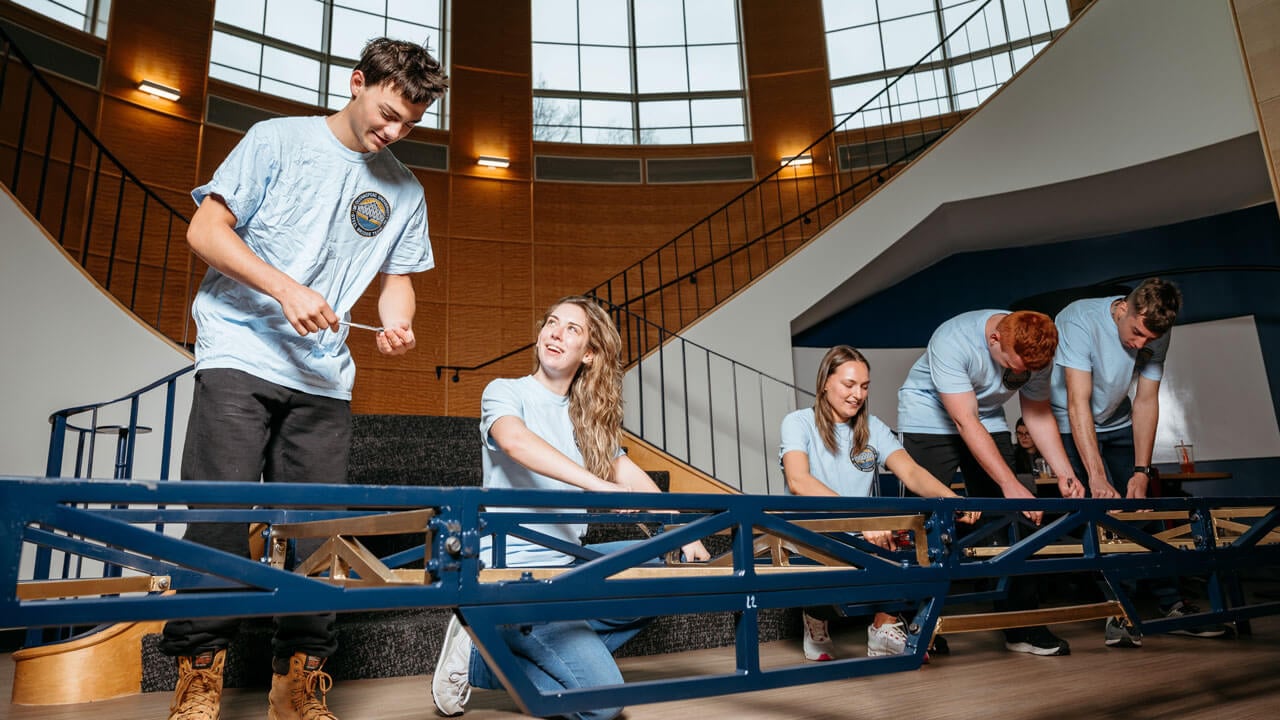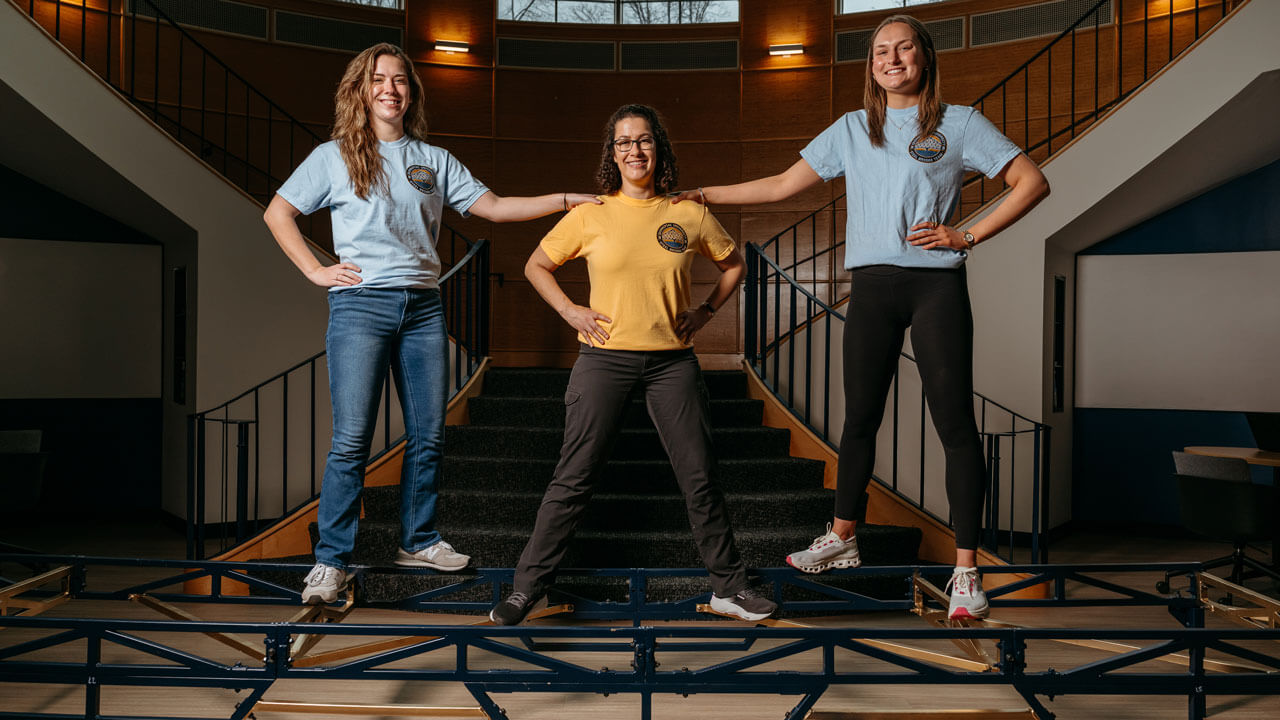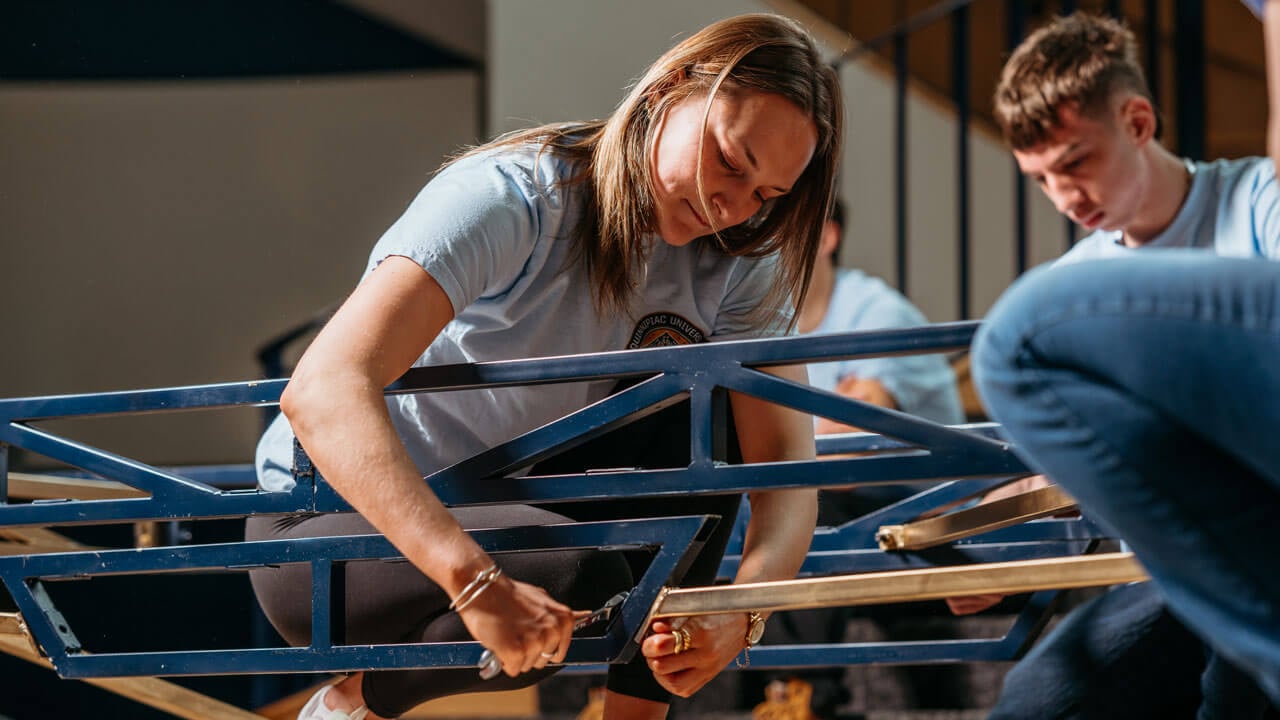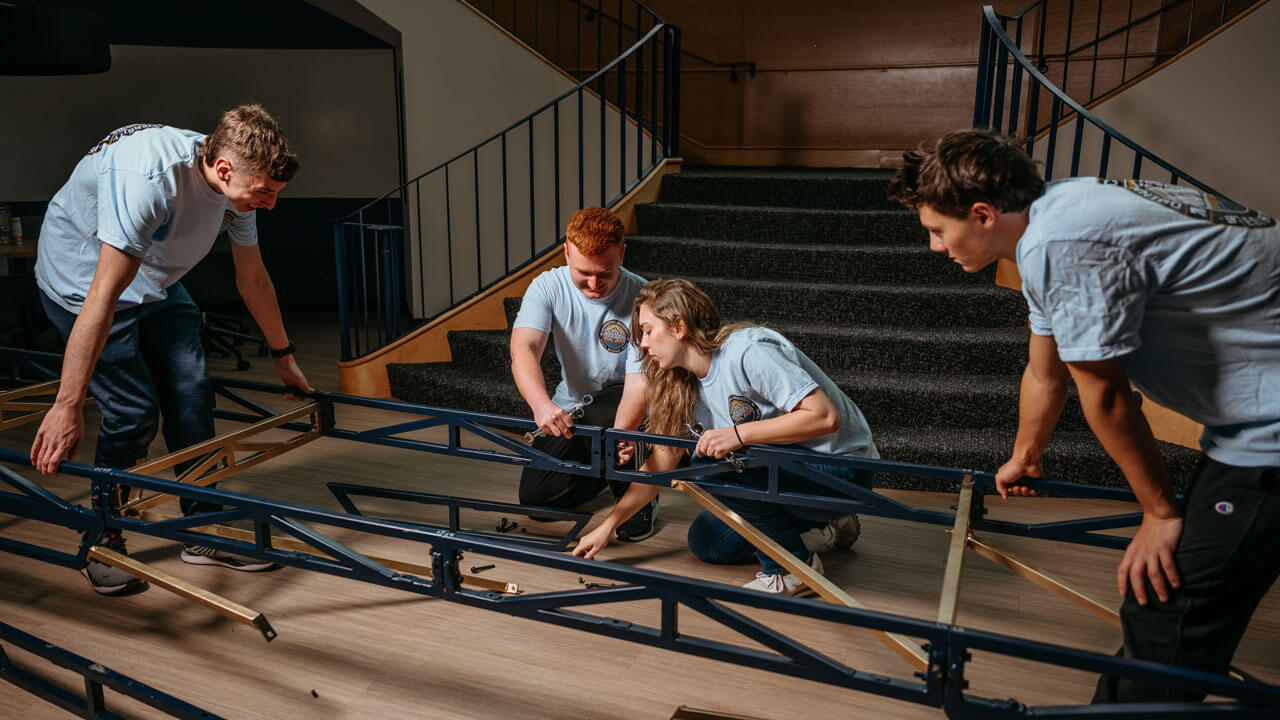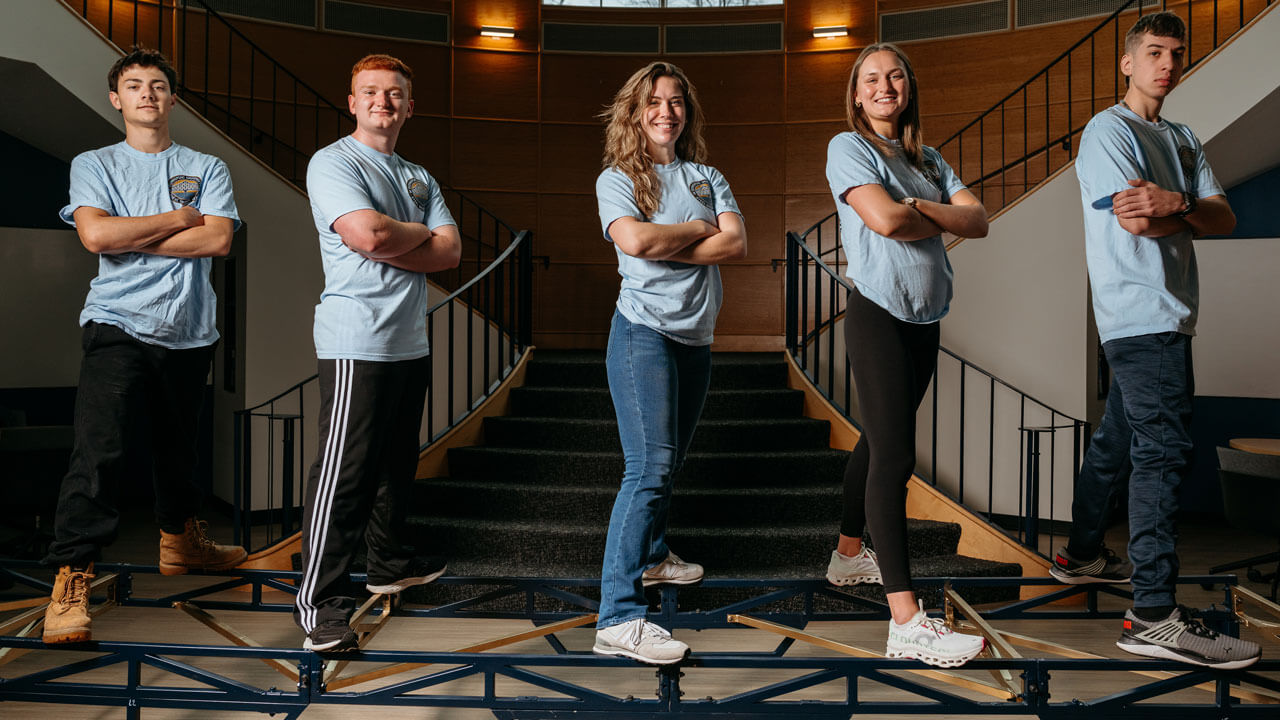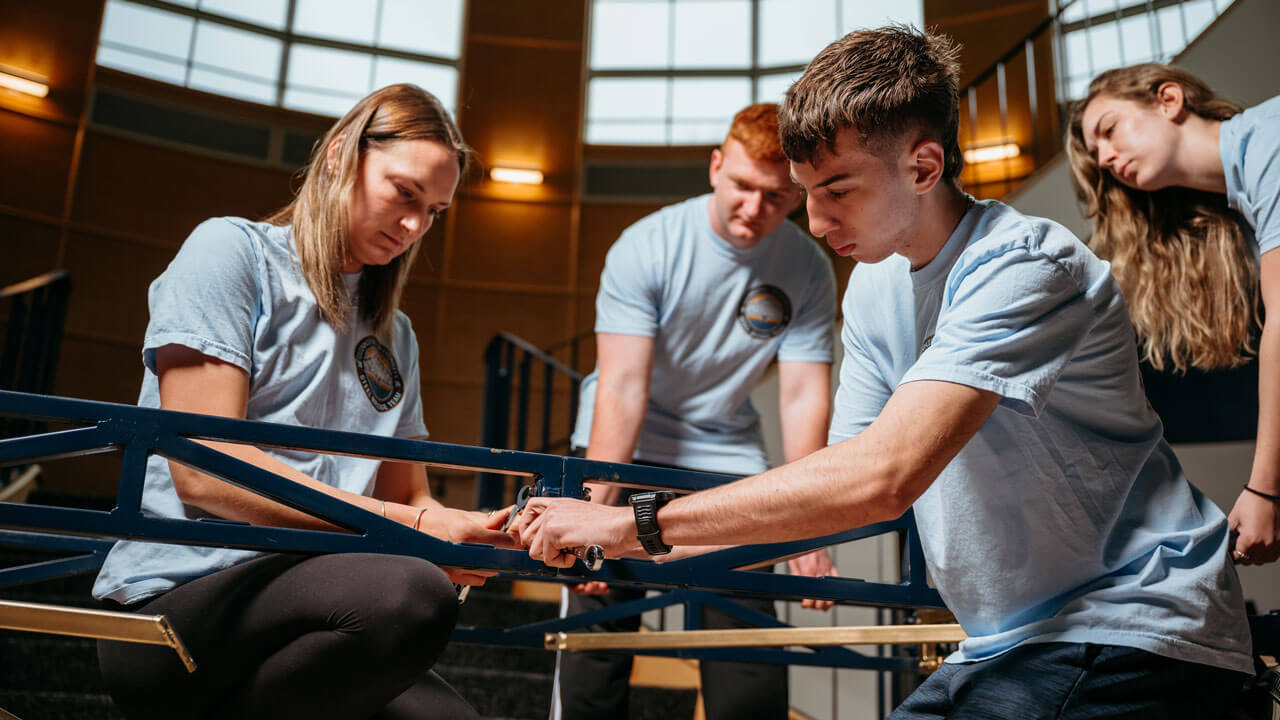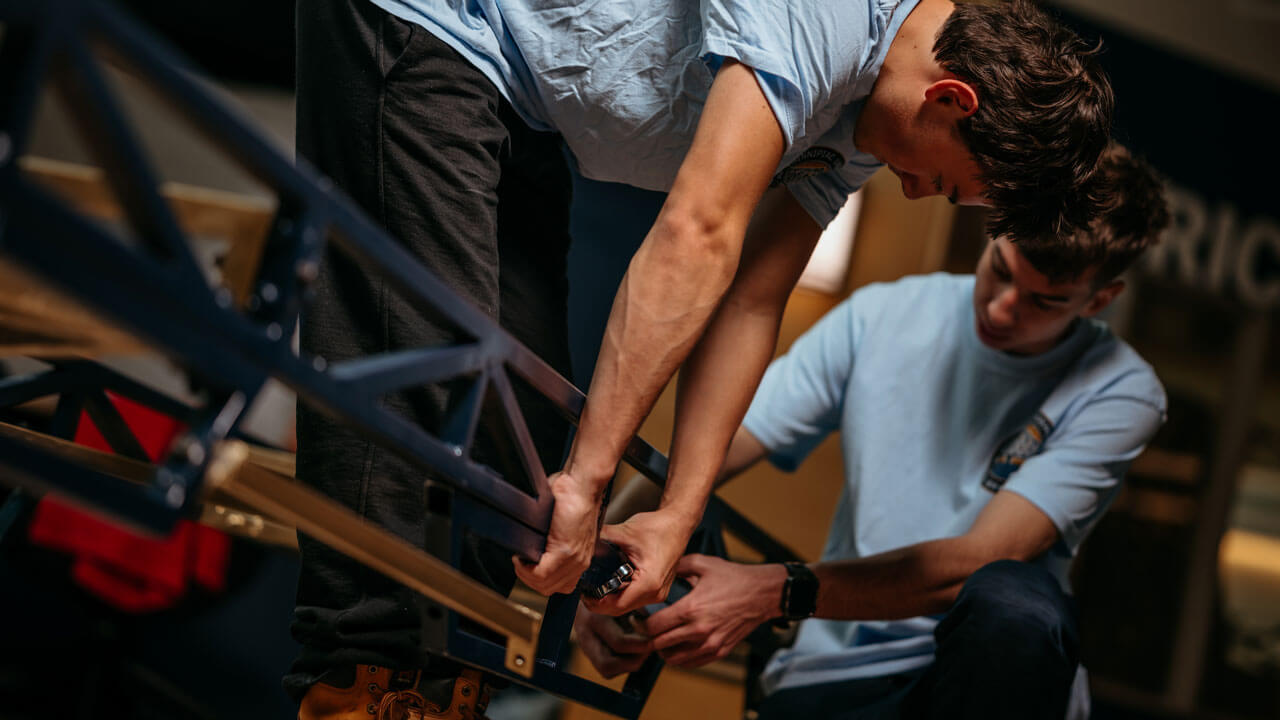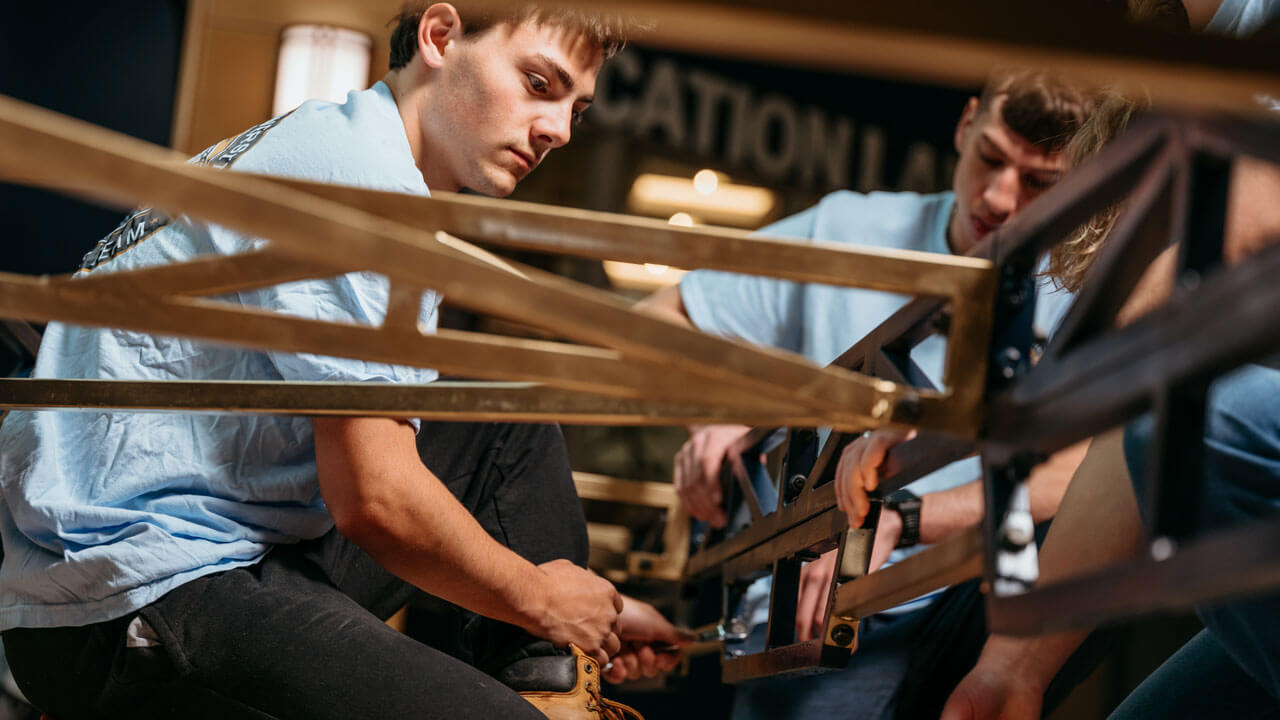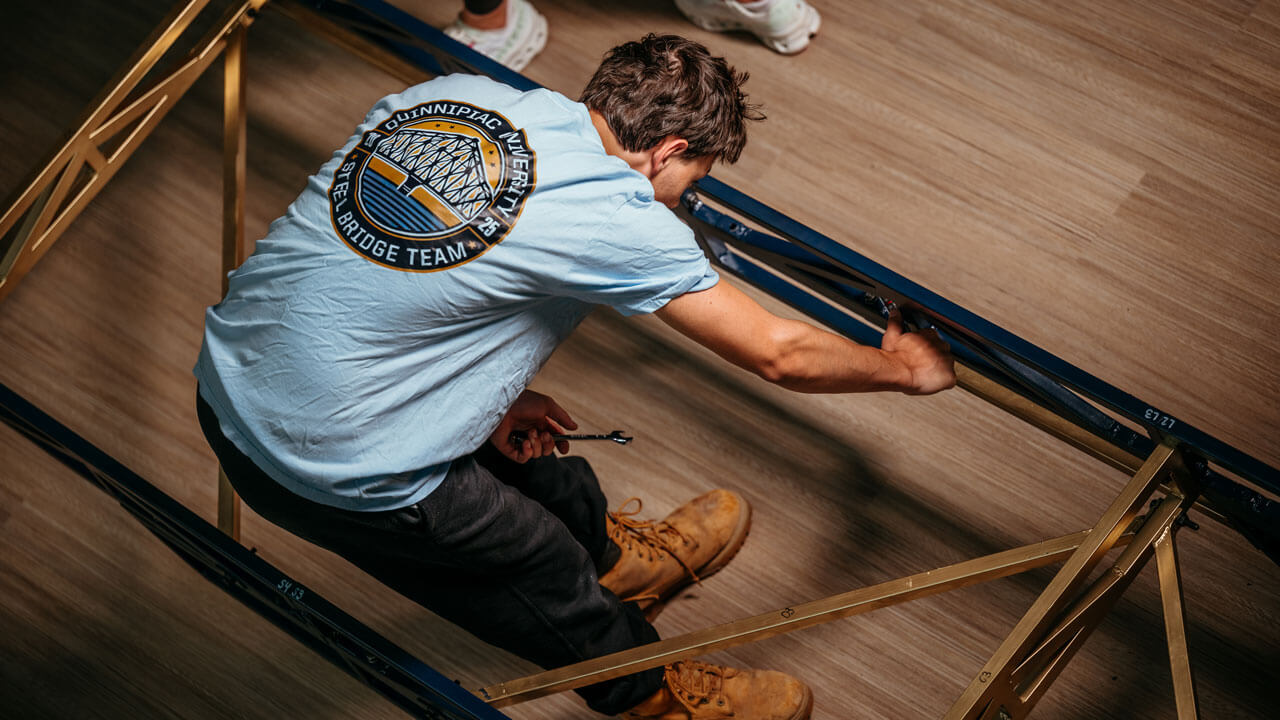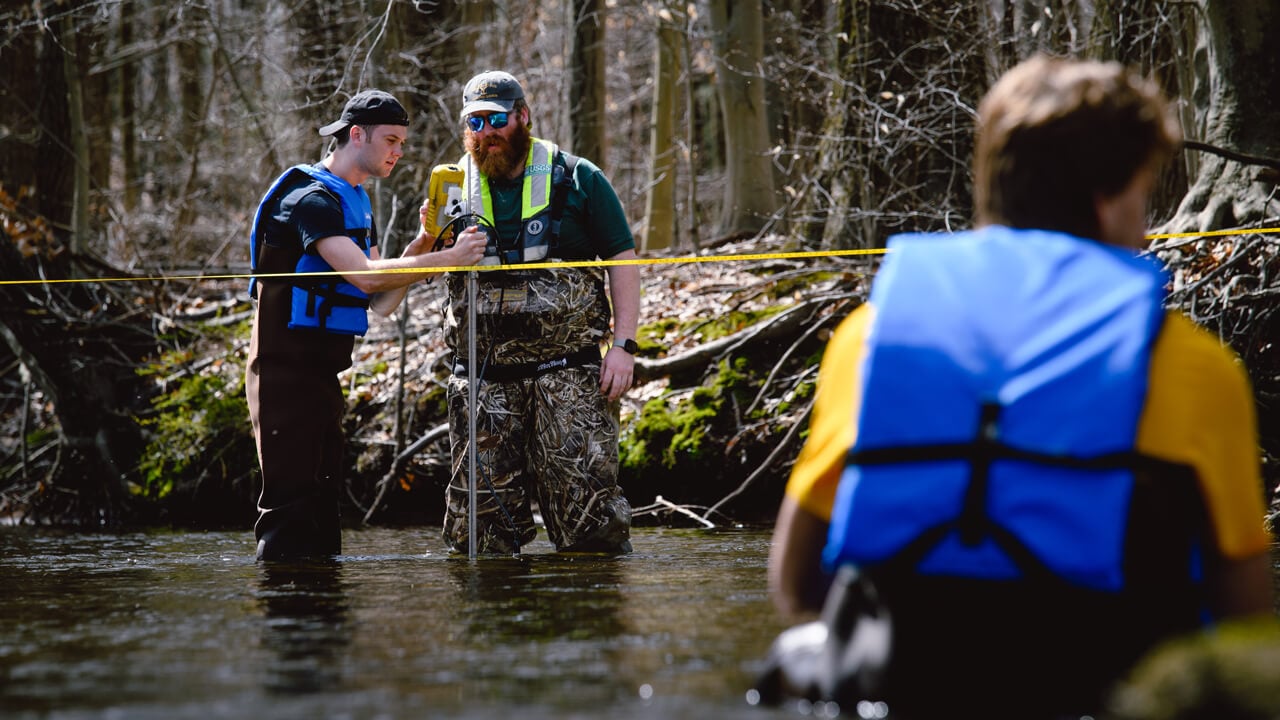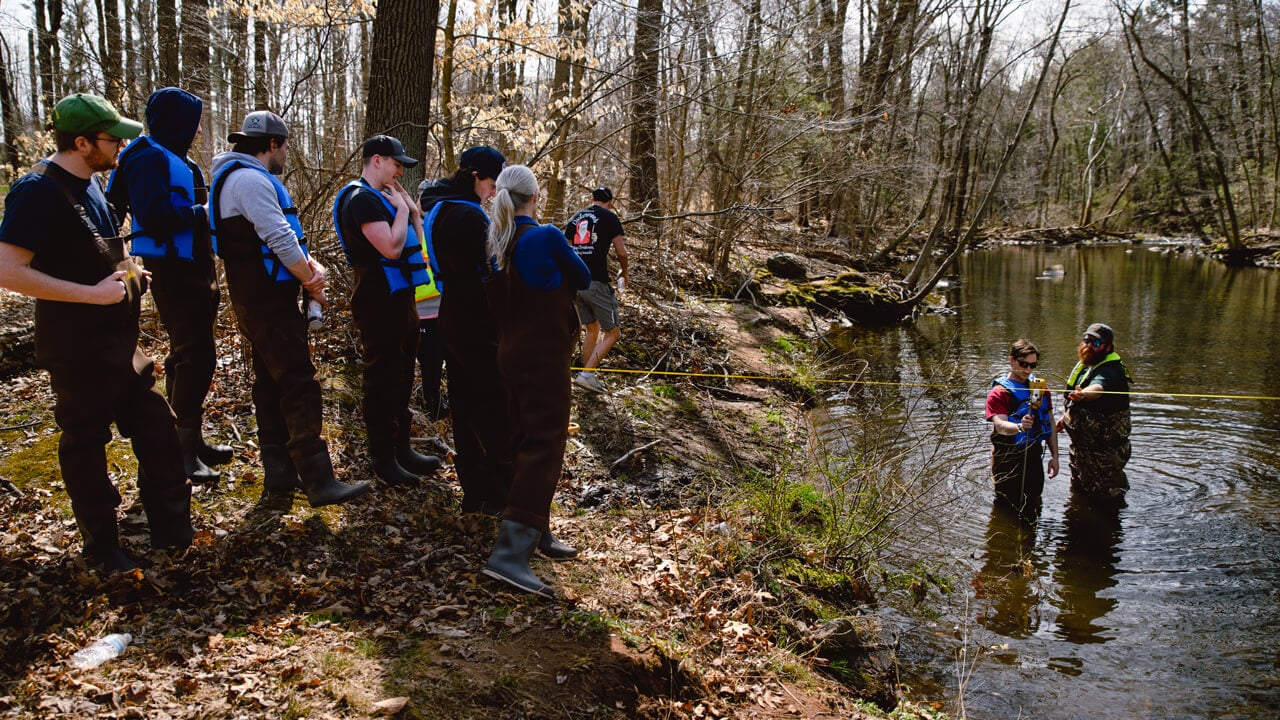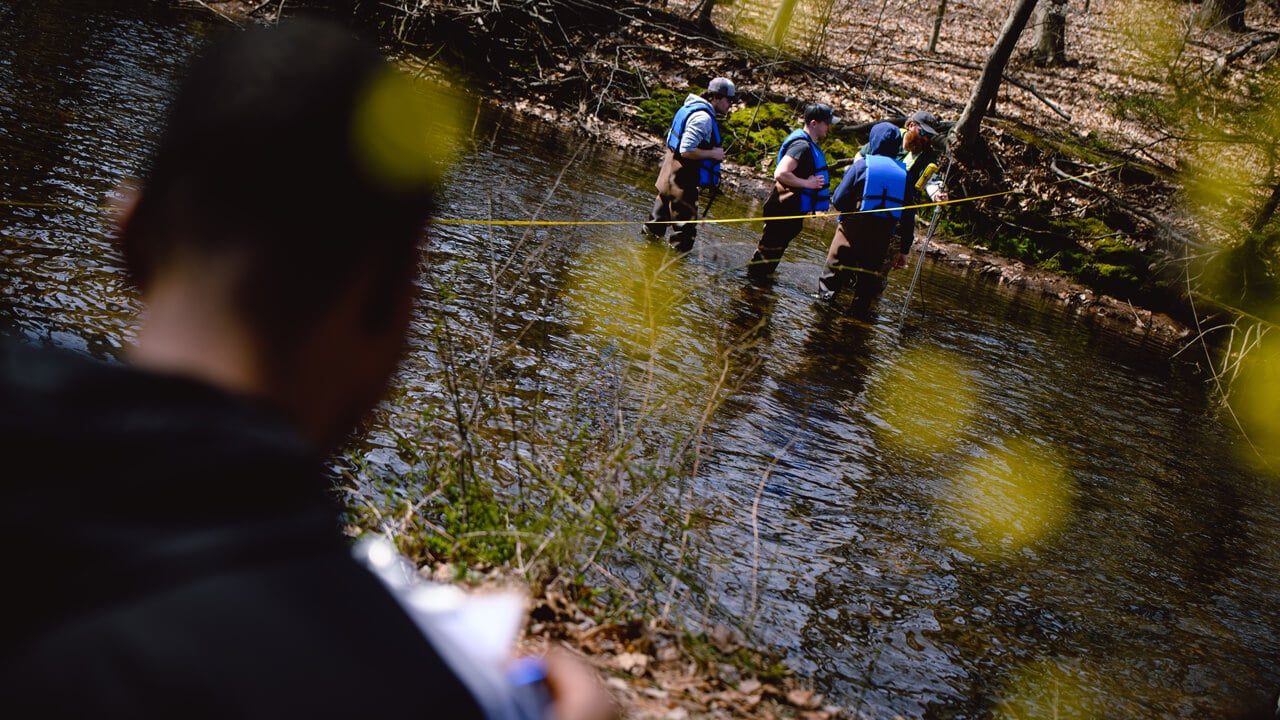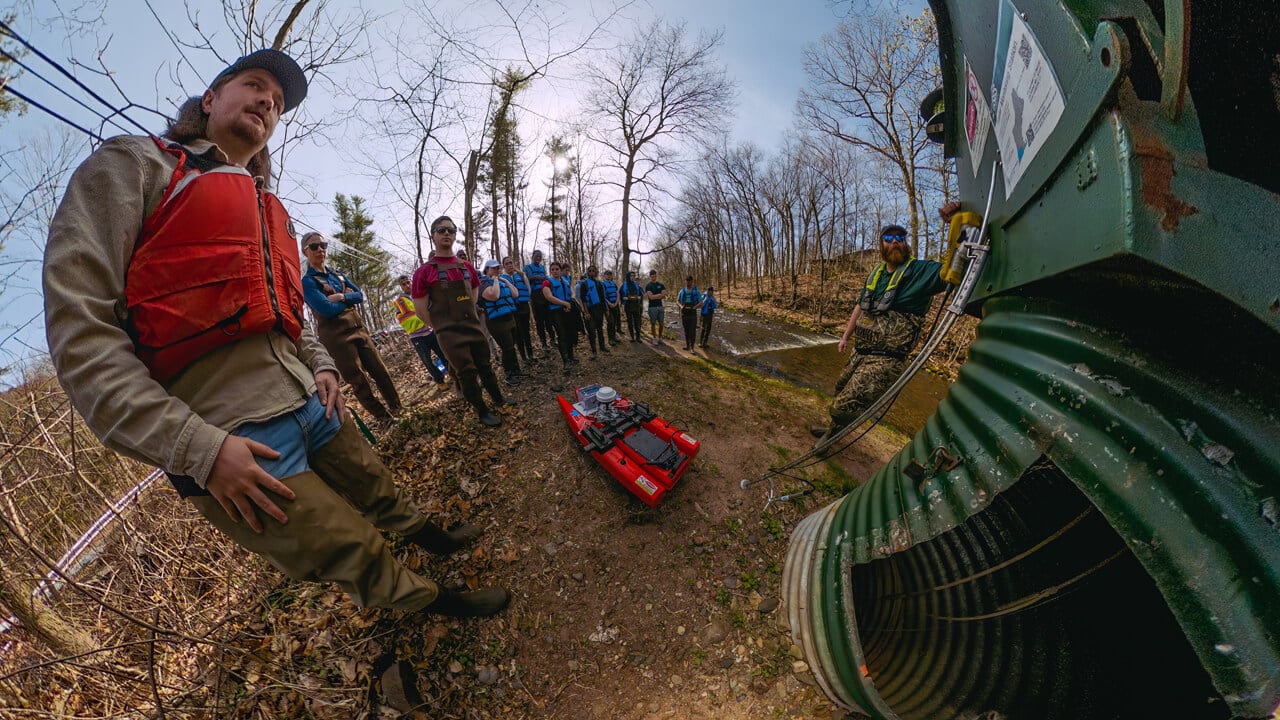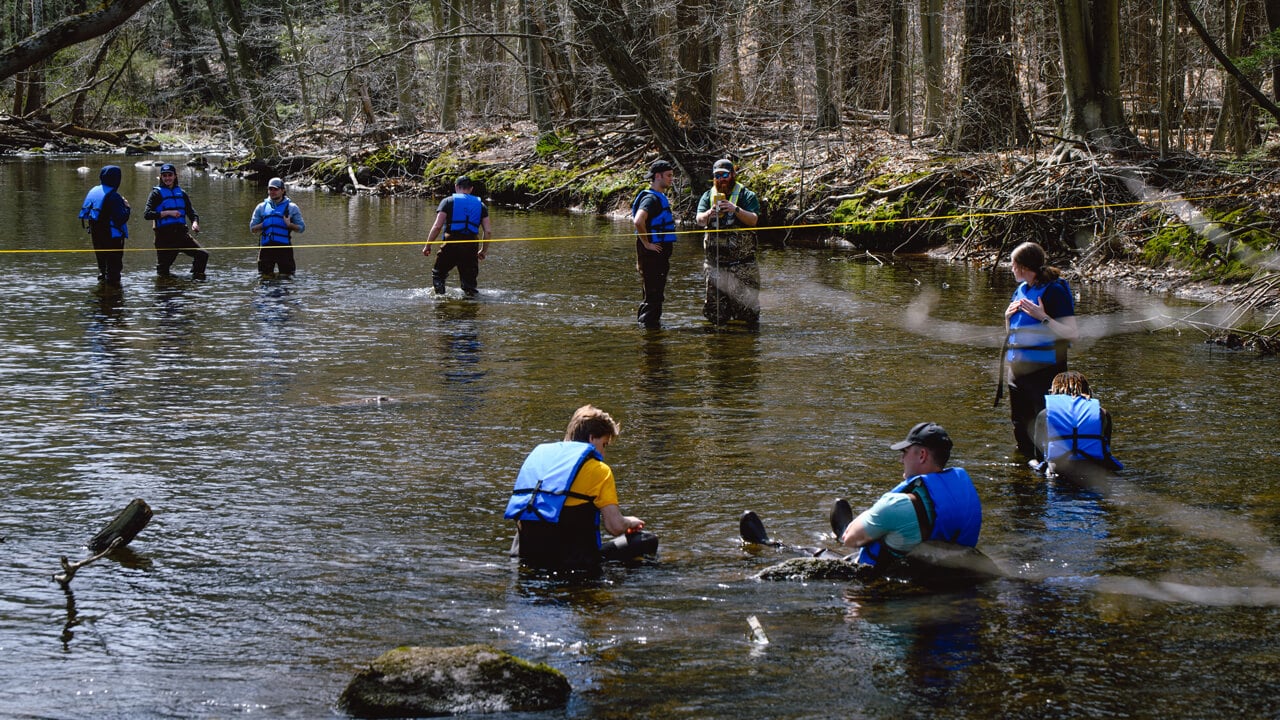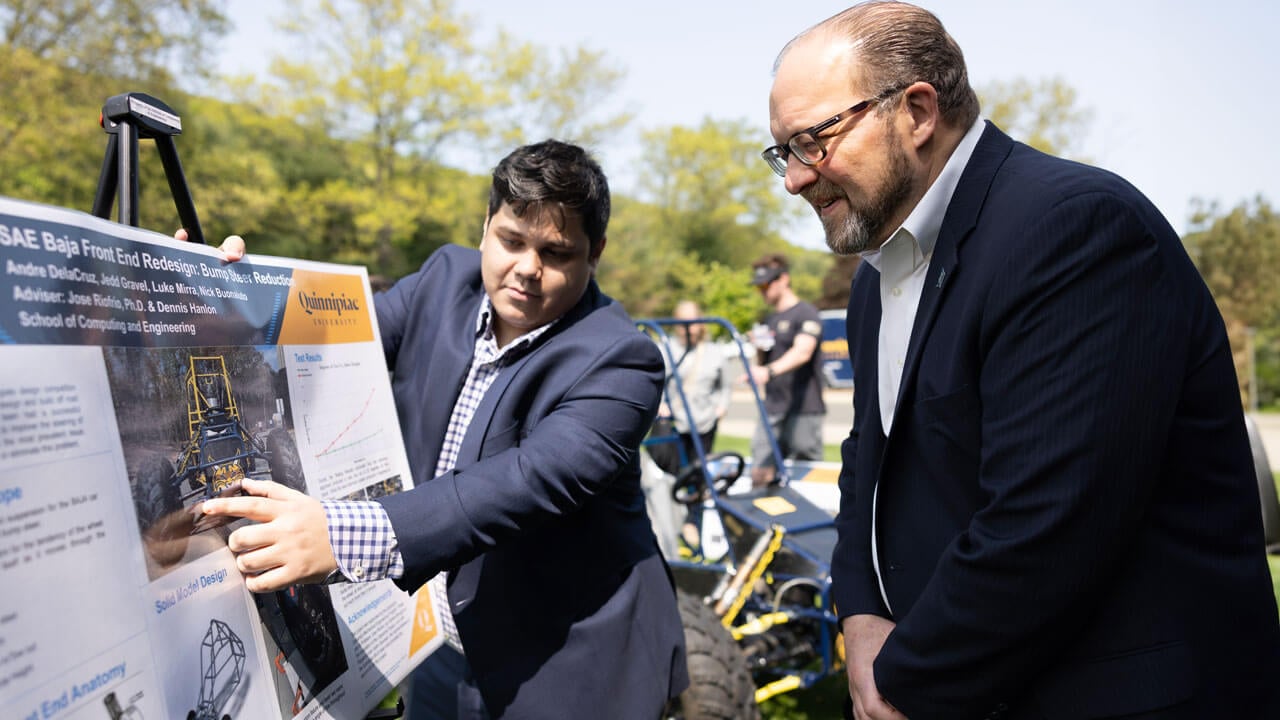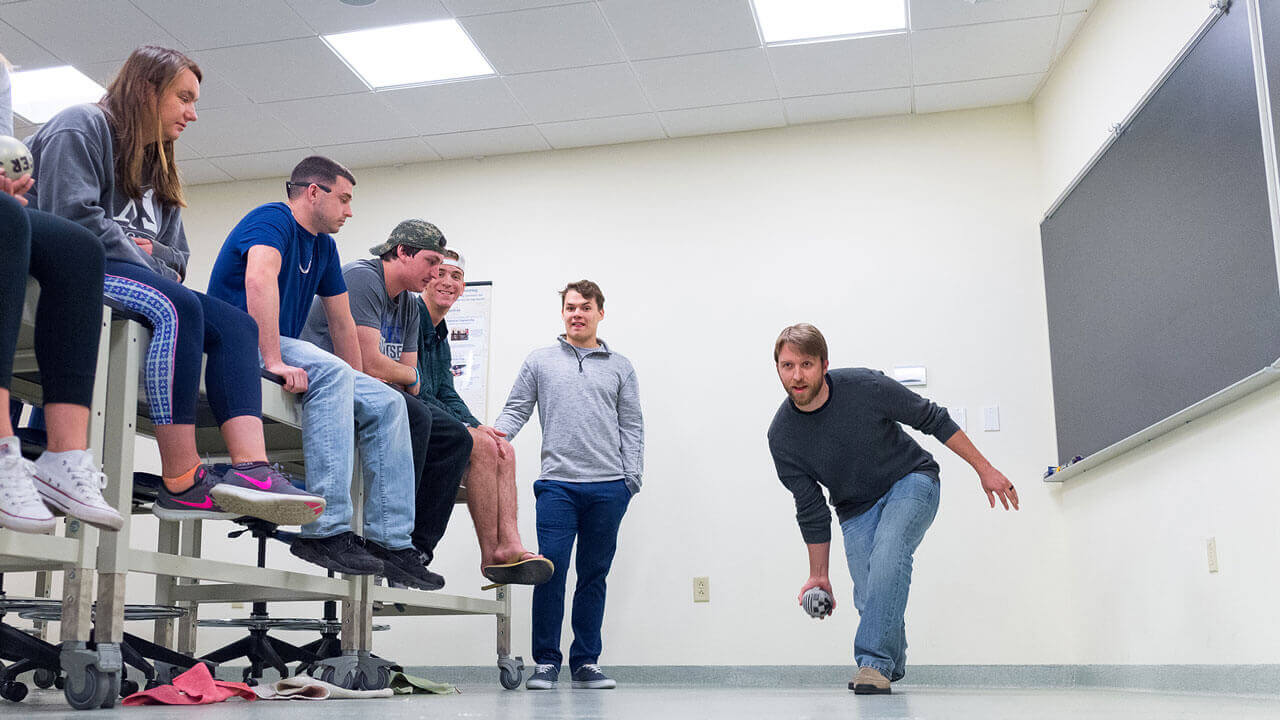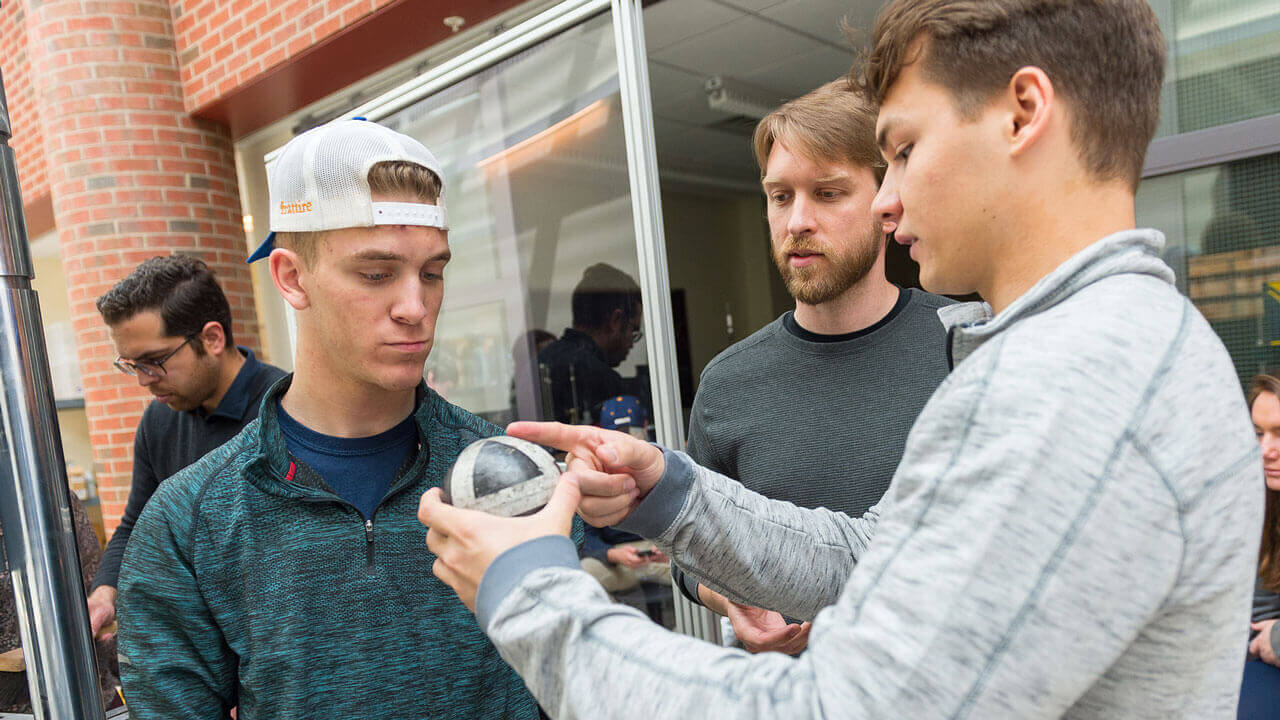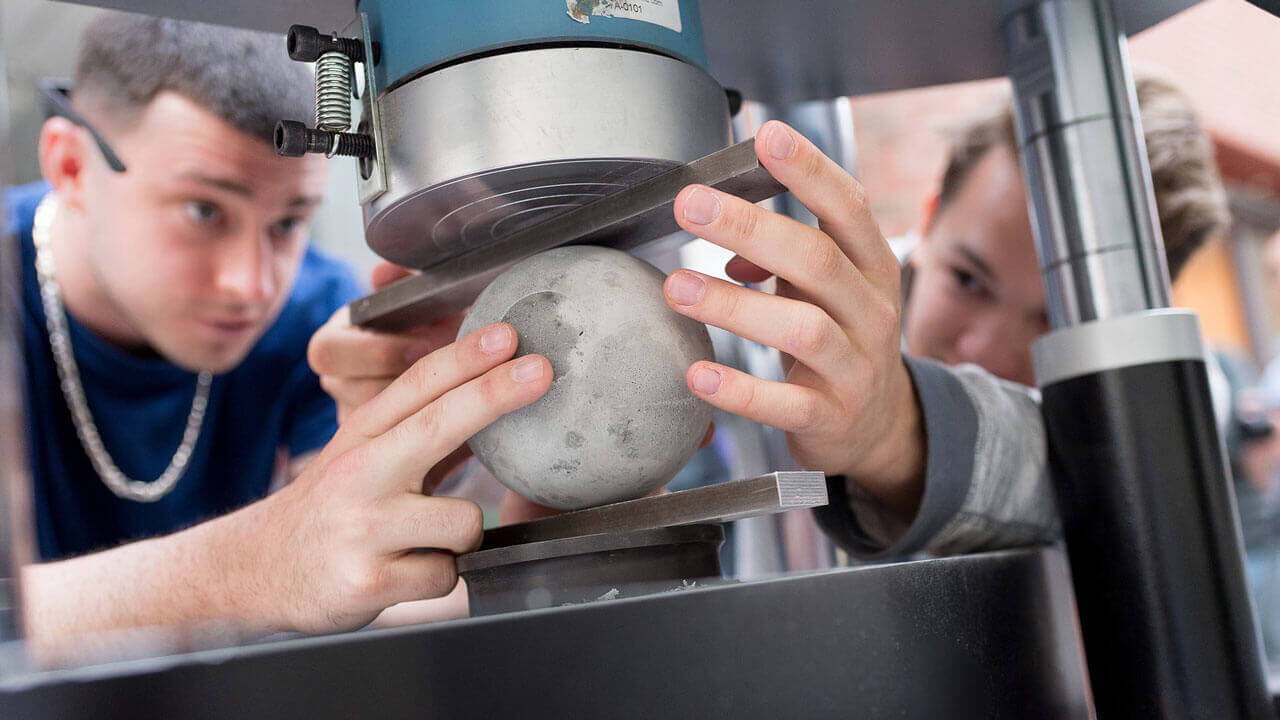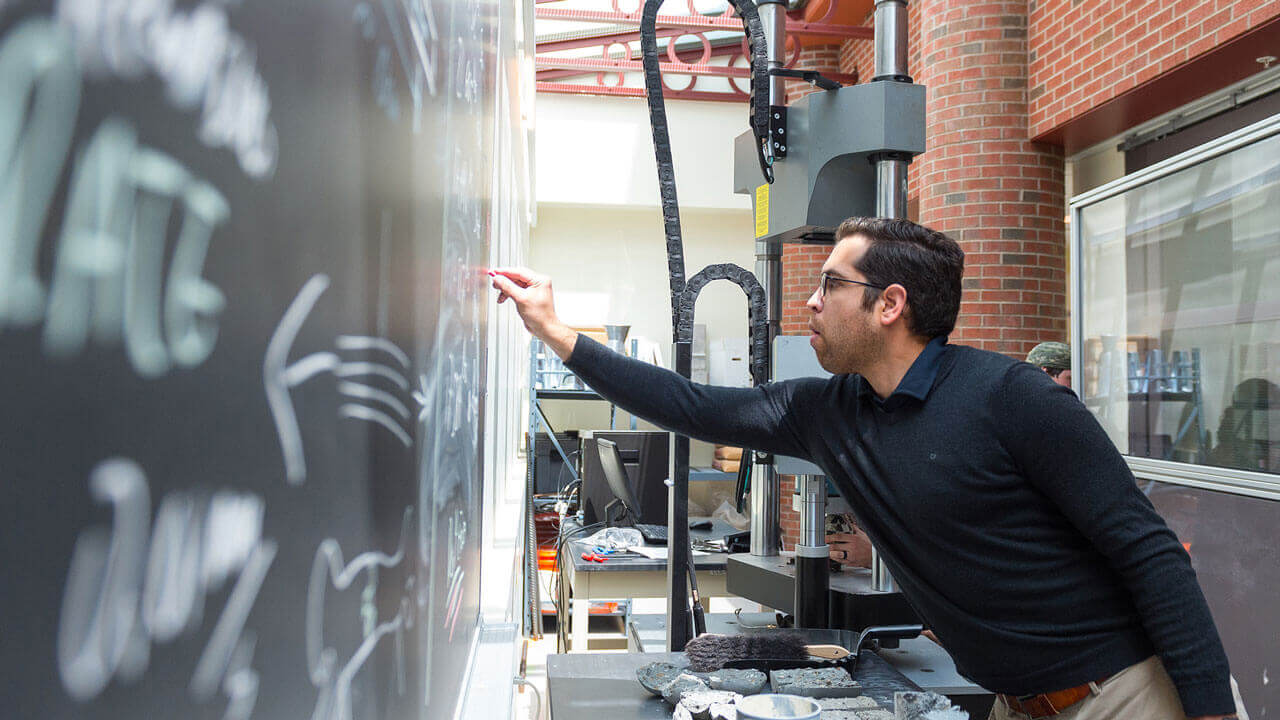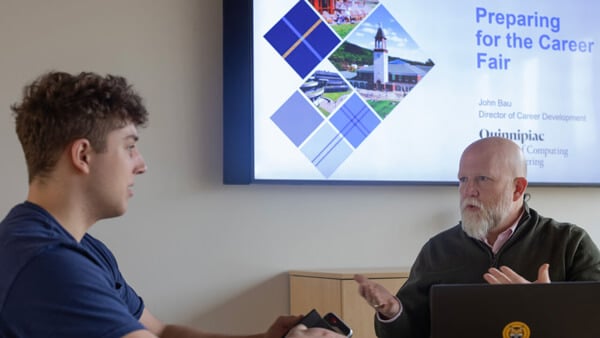Our senior design project focuses on the structural design of Hamden’s first-ever animal shelter at 466 Putnam Ave, addressing the town’s need for a dedicated facility to alleviate overoccupancy at the North Haven Animal Shelter. Our team has developed a detailed floor plan that optimizes space for animal care, staff operations and public access while ensuring compliance with safety and accessibility standards. Structurally, the design team has designed key components, including the column layout, load-bearing elements and material selections to ensure stability, longevity and cost-effectiveness. The project incorporates industry best practices, adheres to local building codes and considers environmental sustainability where applicable. By providing a much-needed resource for the community, this project offers us a hands-on opportunity to apply structural engineering principles in a real-world setting.
Student Team Members: Jenna Castro, Aidan Ceravolo, Natalie Lyon, Abigail Palmgren, Lauren Roeger
Advisers: Ari Pérez Mejía and Priscilla Fonseca
Client: The Town of Hamden, Stephen White, PE and Jose Alvarez, PE

